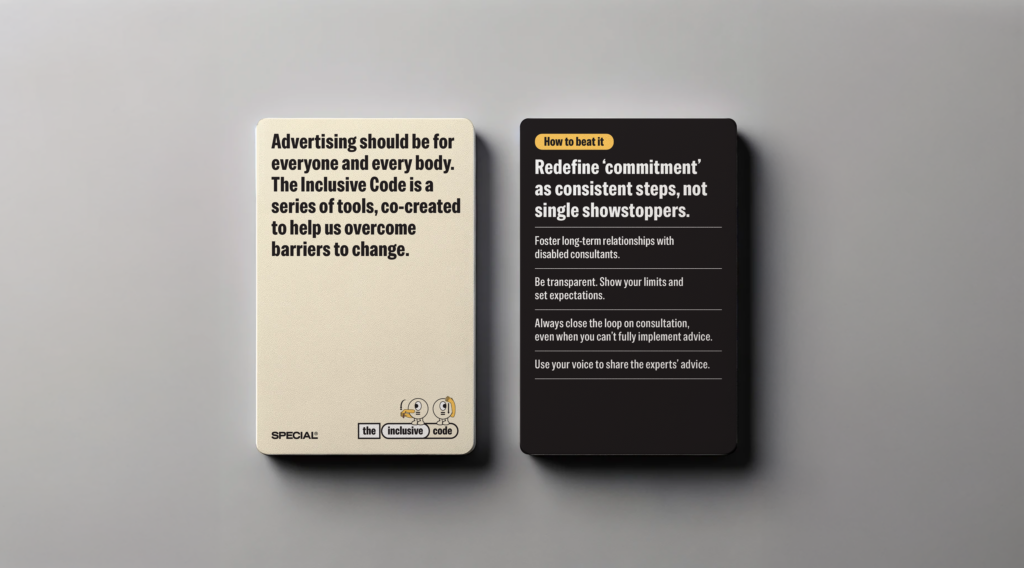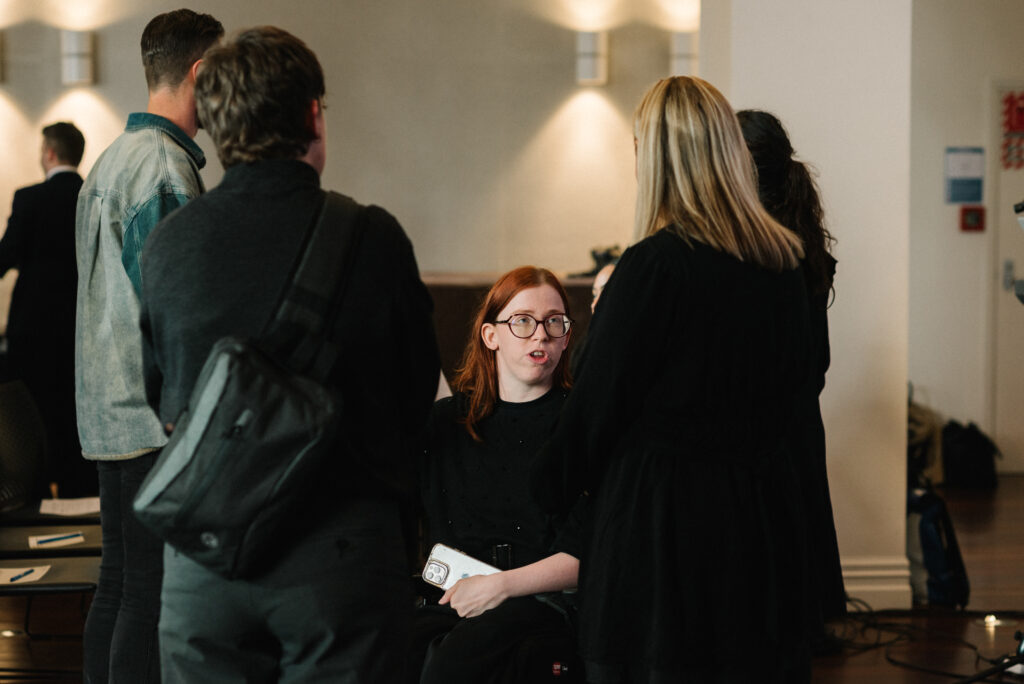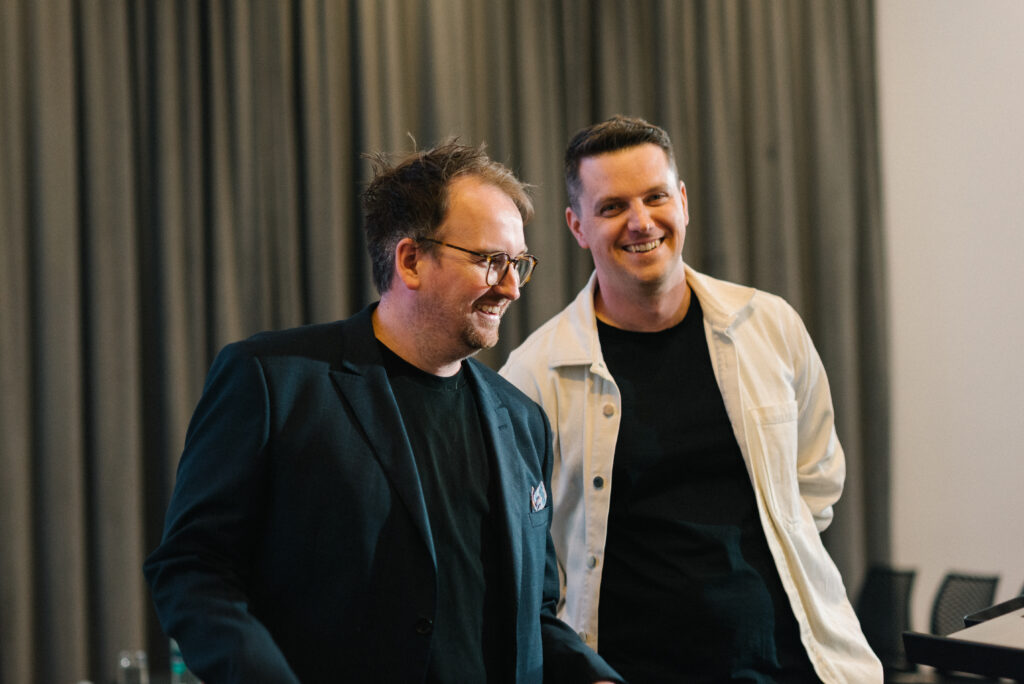Special Group is championing inclusivity in advertising with a new tool: The Inclusive Code.
Chapter one of the code was launched this week and focuses on the disabled community.
The key takeaway? “A more inclusive society is a stronger one,” says Special’s Chief Strategy Officer, Rory Gallery.
Special, along with co-collaborators All is for All, a specialist consulting agency, launched the code Wellington and Auckland on October 16 and 17 respectively.
They developed The Inclusive Code because the make up of Aotearoa is changing. We have the fourth highest proportion of overseas-born residents among the OECD – it’s a “super-diverse” country.
But this diversity is not well represented, particularly in advertising, and Special wanted to help the industry improve that.
The result, The Inclusive Code, is a tool agencies and their partners can consult and look to, says Grace Stratton, CEO of All is for All.
“To kick start what accessibility will look like in your work… If we can create work that all people can engage with or enter without barriers, our work will also perform better.
“It’s not just a nice to do, it is an imperative in terms of advertising performance.”
Available online, as a written report, or in hard copy as a handy set of cards, the first chapter presents the key habits that need to be broken to make advertising more inclusive for the disabled community, who make up 25% of people in Aotearoa.

Despite this, only 8% of the advertising industry have lived experience of living with a disability and only 1% of primetime ads feature disabled people.
So often, work fails to reach this community – which is a massive missed opportunity, say Stratton and Bethany Omeri, Special Head of Strategy, who co-presented at the Auckland event.
According to Stratton, this due mostly to a lack of national standards for what accessible content looks like.
On video content, there are no universal captioning standards – and often people are left with “craptions” or nothing at all, says Stratton.
Yet data shows videos with captions are more likely to achieve higher engagement.

This also extends to the use of sign language, which even as an official language of New Zealand, is not seen or represented very often. Same goes for ensuring advert design is readable and that the key messages can be understood by all.
The code details the five habits that need to be broken and provides advice on how:
- The perfect excuse – holding yourself to standards so high you can’t reach them.
- Gatekeeping – downplaying what accessibility means and when it should be considered
- Cherry picking – selectively engaging with disability in a way that is comfortable
- Tunnel visioning – seeing the experience of disability in a narrow way
- Babying – infantilising disabled people and their value in society.
Stratton and the Special team encouraged the industry to identify areas for improvement, to foster long-term relationships with diasability consultants, look for ways to increase representation authentically and – most of all – to be transparent.
“Why can our industry make a difference?” Gallery asked the gathered crowd.
“We have considerable power in shaping perceptions, it’s our super power.”
Gallery spoke to his own experiences of inclusivity – moving to Aotearoa after spending much of his life in Ireland and feeling nothing but a warm embrace of himself and his culture ever since. So much so, he performed his pepeha in Gaelic.

He also spoke of the discrimination against Ireland and Irish people that has persisted over many centuries – it’s changing now, but there was a time where the Irish identity was ridiculed and one to be ashamed of.
But all identities deserve to be accepted and celebrated, says Gallery.
“The fight for inclusivity is ongoing, to get to a future where no one is left behind.”
The post A more inclusive society is a stronger one: Special’s tool to increase diversity in advertising appeared first on stoppress.co.nz.
More Stories
Streaming Ratings, Week of March 24: Shonda Rhimes’ The Residence Reaches First Place
CPGs Talk Tariffs, Price Hikes, and Marketing Budgets as Consumer Confidence Drops
Ticker: Chris Cuomo to Moderate NewsNation Town Hall Marking Trump’s 1st 100 Days